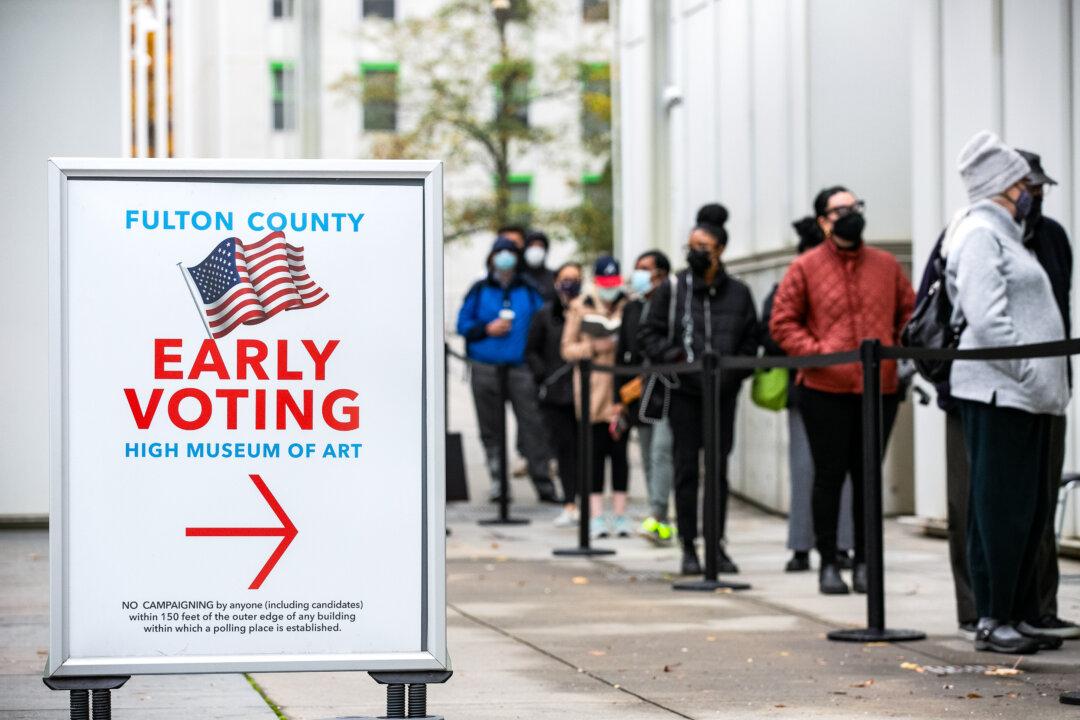A Georgia administrative judge has recommended denying four independent and third-party candidates from appearing on the ballot in November’s election.
The recommendations, handed down on Aug. 26 by Judge Michael Malihi, pave the way to disqualify independents Robert F. Kennedy Jr. and Cornel West, as well as the Green Party’s Jill Stein and the Party for Socialism and Liberation’s Claudia De la Cruz.





